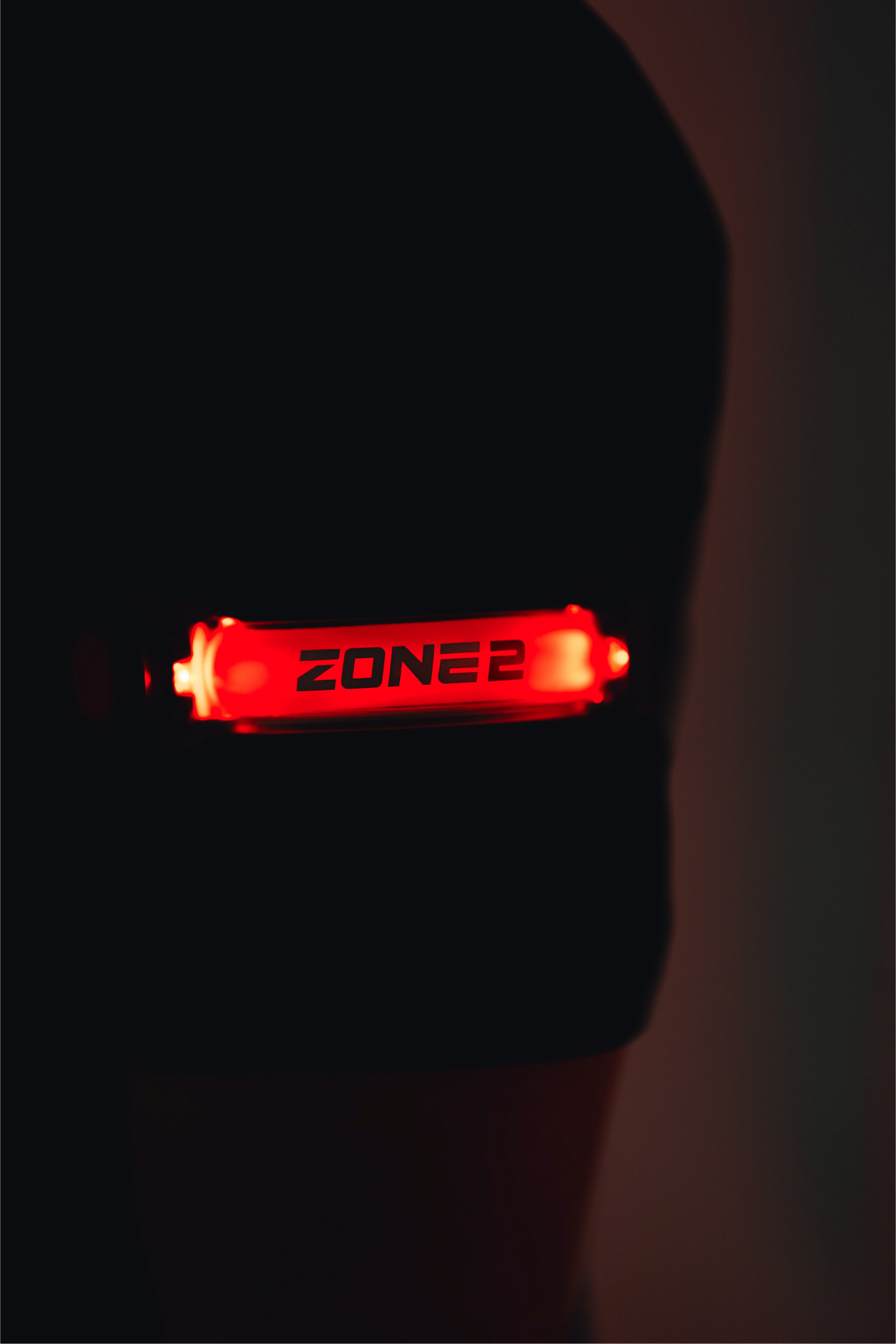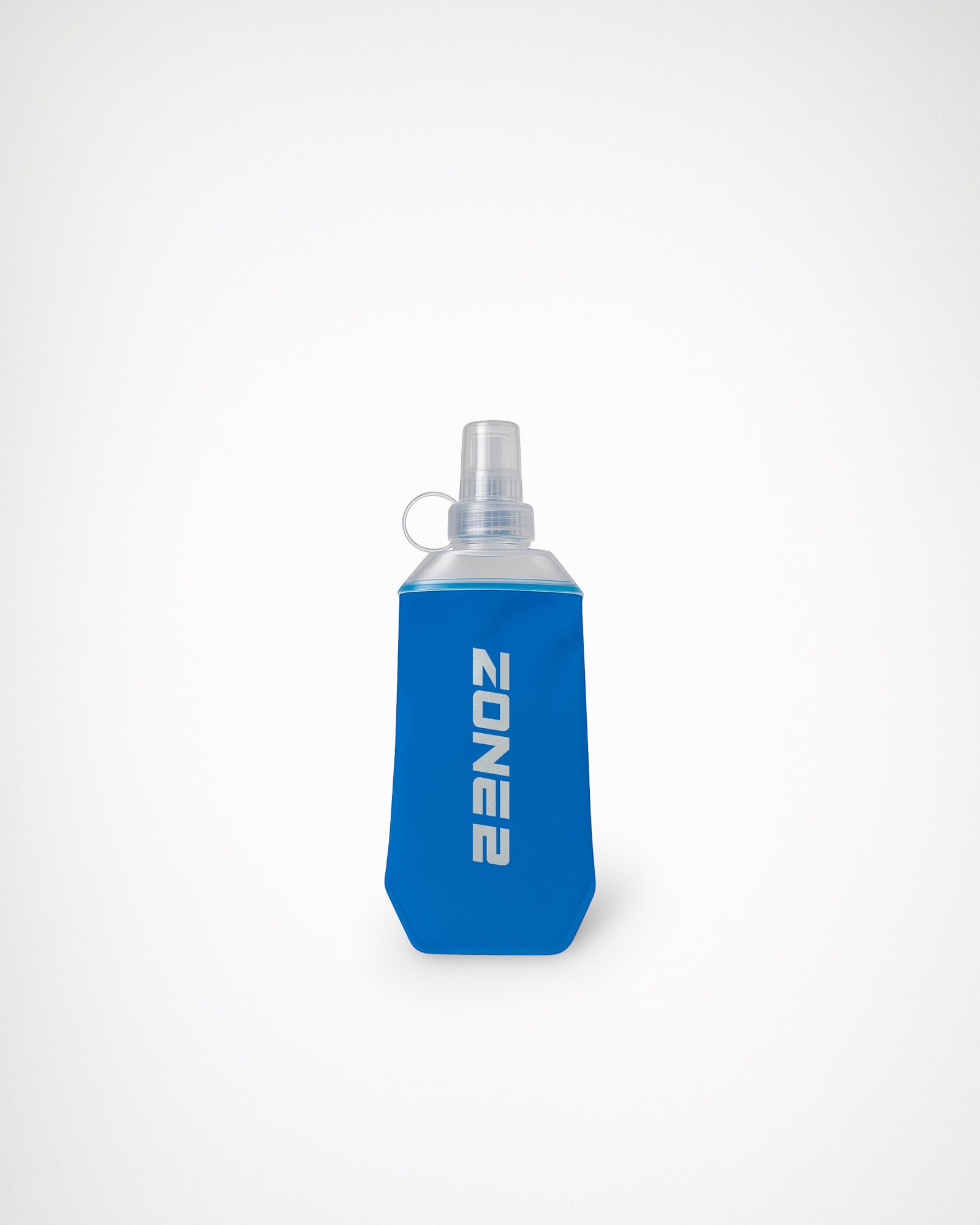Running is an intense, energy-intensive sport. Whether you’re a beginner runner looking to complete your first 5K or a seasoned marathoner looking to break your personal best, proper nutrition plays a crucial role in your performance and recovery. In this blog post, we’ll discuss what to eat before, during, and after running to keep your energy levels high and support your body in the best possible way.
The Importance of Good Nutrition for Runners
Food is the fuel your body needs to perform. Eating the right foods can help you:
- To provide energy for your workouts.
- Reduce fatigue during long runs.
- To promote recovery after intensive exercise.
- Prevent injuries by providing the body with essential nutrients.
Pre-Running Nutrition
What you eat before you run can have a huge impact on your performance. The goal of pre-run nutrition is to replenish your glycogen stores (the stored form of carbohydrates in your muscles and liver) and ensure you have enough energy for your run.
- Timing. Try to eat a meal that is high in carbohydrates and moderate in protein 1.5-2 hours before your workout. For a shorter run (less than an hour) a light snack 30-60 minutes beforehand can be sufficient.
- What to eat. Choose easily digestible carbohydrates, such as bananas, oatmeal, whole wheat toast with honey, or a smoothie. Avoid heavy, high-fat meals that can slow down your digestion and cause stomach upset.
- Sample meal for running:
- A bowl of oatmeal with banana and a little honey.
- Whole wheat toast with avocado and a boiled egg.
- A smoothie with spinach, banana, Greek yogurt, and a little orange juice.
Nutrition while running
During long runs (more than 60 minutes) it is important to replenish your energy stores and avoid dehydration. The longer and more intense the run the more important it is to refuel along the way.
- Replenish carbohydrates. For longer endurance runs, it is recommended to consume approximately 30-60 grams of carbohydrates every 30-45 minutes. This can be in the form of energy gels, sports drinks, fruit (such as bananas or raisins), or special sports bars.
- Hydration. Drink small amounts of water regularly to stay hydrated. For runs longer than 90 minutes, or in hot conditions, it may be useful to use a sports drink with electrolytes to replace lost salts and minerals.
- Listen to your body. Experiment during your workouts to find out what foods work best for you. Every body is different, and what works for one person may not work for another.
Post-Running Nutrition
After running, it is important to help your body recover by replenishing your glycogen stores and giving your muscles the protein they need to repair and grow stronger.
- Within 30 minutes of your run. Try to eat a snack or light meal that contains a combination of carbohydrates and protein within 30 minutes of your run. This can help speed up your recovery and reduce muscle soreness.
- What to eat? Good options include Greek yogurt with fruit, a smoothie with protein powder, a whole-grain sandwich with turkey or chicken, or an omelet with vegetables and whole-grain toast.
- Hydration. Remember to stay hydrated after your run, especially if you have been sweating a lot. Water is usually sufficient, but a sports drink may be useful if you have been running in hot conditions for a long time.
The importance of a balanced diet
In addition to nutrition around your workouts, it is important to eat a balanced diet every day that is rich in a variety of foods. Make sure you get a good mix of carbohydrates, proteins, fats, vitamins and minerals. Think lots of vegetables, fruits, whole grains, lean proteins, and healthy fats like nuts, seeds, avocados and olive oil.
Common Diet Mistakes and How to Avoid Them
- Undereating. Many runners make the mistake of not eating enough, which can lead to fatigue, decreased performance and increased risk of injury. Make sure you are consuming enough calories to support your energy needs.
- Too much fiber or fat before the run. This can lead to stomach discomfort during the run. Limit high-fiber and high-fat foods in the hours before your workout.
- Insufficient hydration. Drink regularly, not only during your runs, but also throughout the day to prevent dehydration.












